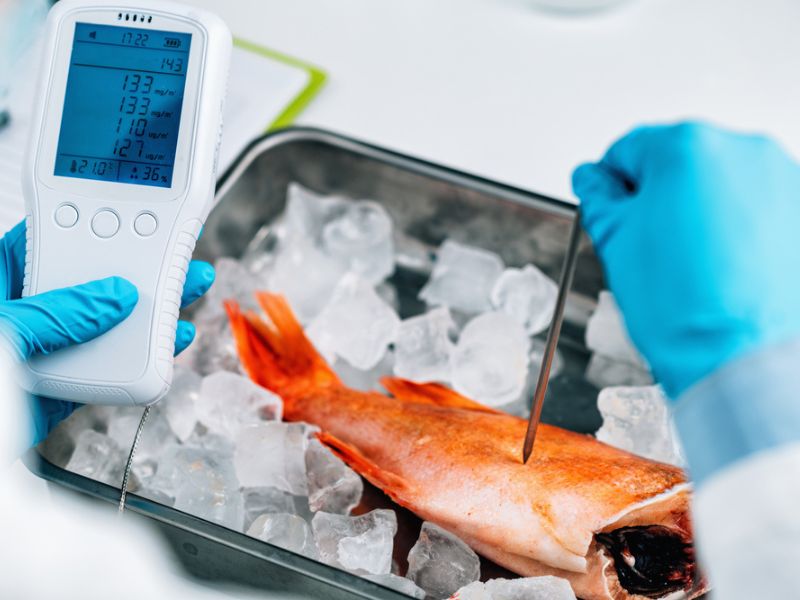There is concern about lead in foods after the FDA proposed stricter limits on lead in processed baby food. The FDA plans to limit lead levels in fruits, vegetables, yogurts, custards, and single-ingredient meats to under ten per billion and to 20 parts per billion for root vegetables and dry infant cereals. Several health problems have been associated with lead, prompting the FDA to take action. Find out how lead enters the food and how you can reduce your exposure.

Image Credit: Shutterstock/Microgen
Here’s Why Your Food Contains Lead
It’s crucial to understand that food manufacturers do not intentionally add lead. Lead enters food through various means, including natural seepage into ingredients. Katie Boss, a pediatric dietician, explained that lead is naturally present in the Earth’s core and can be found in soil where food is grown. The presence of lead in fruits, vegetables, grains, and meat from slaughtered animals is due to lead being absorbed by plants and animals from their environment.
What Is The Safe Level Of Lead?
Ideally, adults and children should not be exposed to lead, but it is present in the environment. The World Health Organization states that there is no safe blood lead concentration, and even low levels, such as 3.5 µg/dL, can cause decreased intelligence, behavioral problems, and learning difficulties in children. The Centers for Disease Control and Prevention recommends that children’s blood lead levels be below five µg/dL.
What Makes Lead Harmful To Babies And Young Children?
The concern for lead exposure in babies and young children is more profound because they absorb 4-5 times more ingested lead than adults from any source, according to the World Health Organization. According to WHO, young children tend to put objects in their mouths, increasing the risk of swallowing lead-contaminated items such as soil, dust, or paint flakes.

Image Credit: Shutterstock/Tharuka Photographer
What Steps Can You Take To Avoid Lead In Food For Both Adults And Babies?
Dr. Sarah Shafer, an assistant professor, advises against panic about lead in food but suggests an awareness of its presence. She states that significant lead exposure in processed foods is rare due to the FDA’s monitoring and regulations on food production and imports into the US.